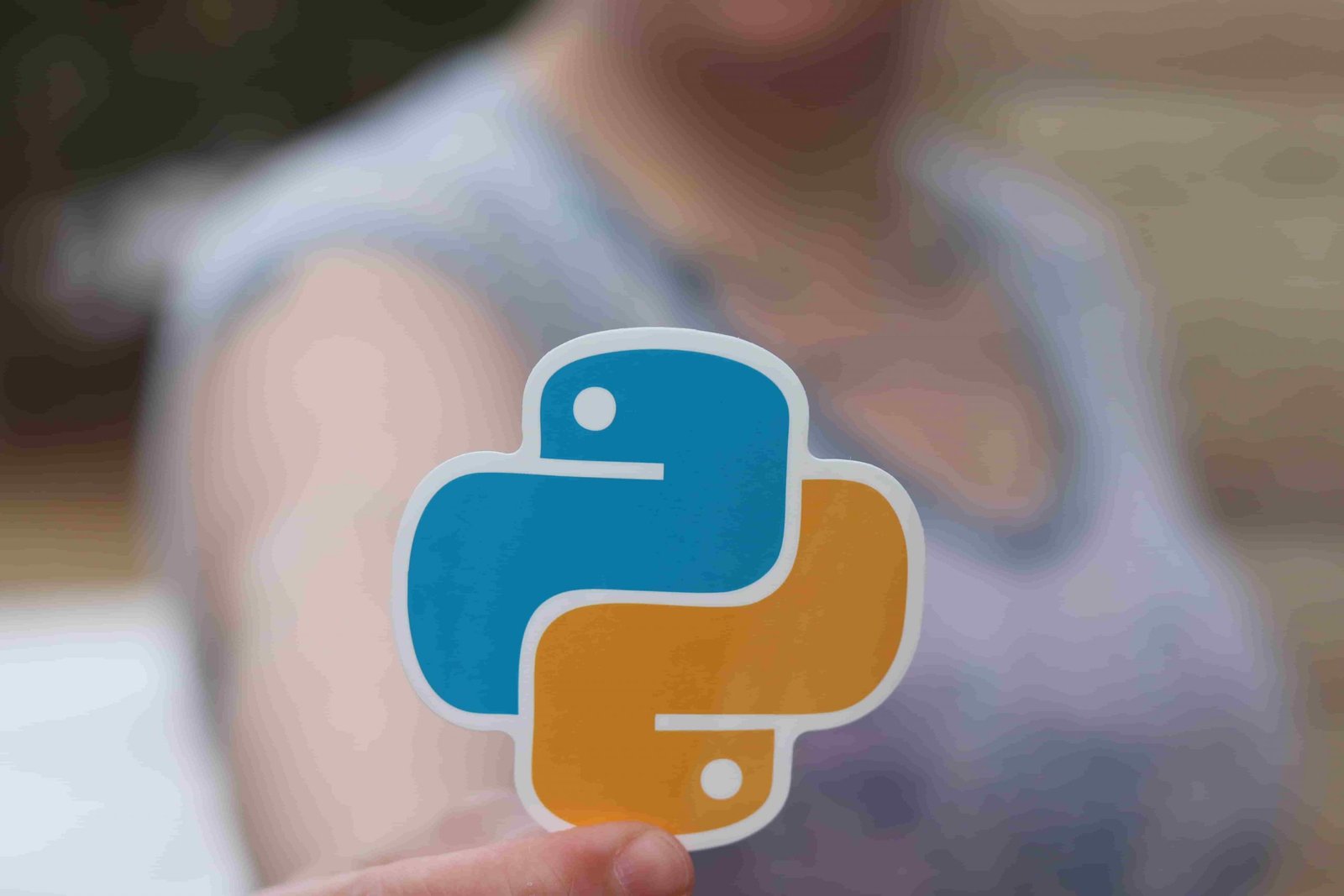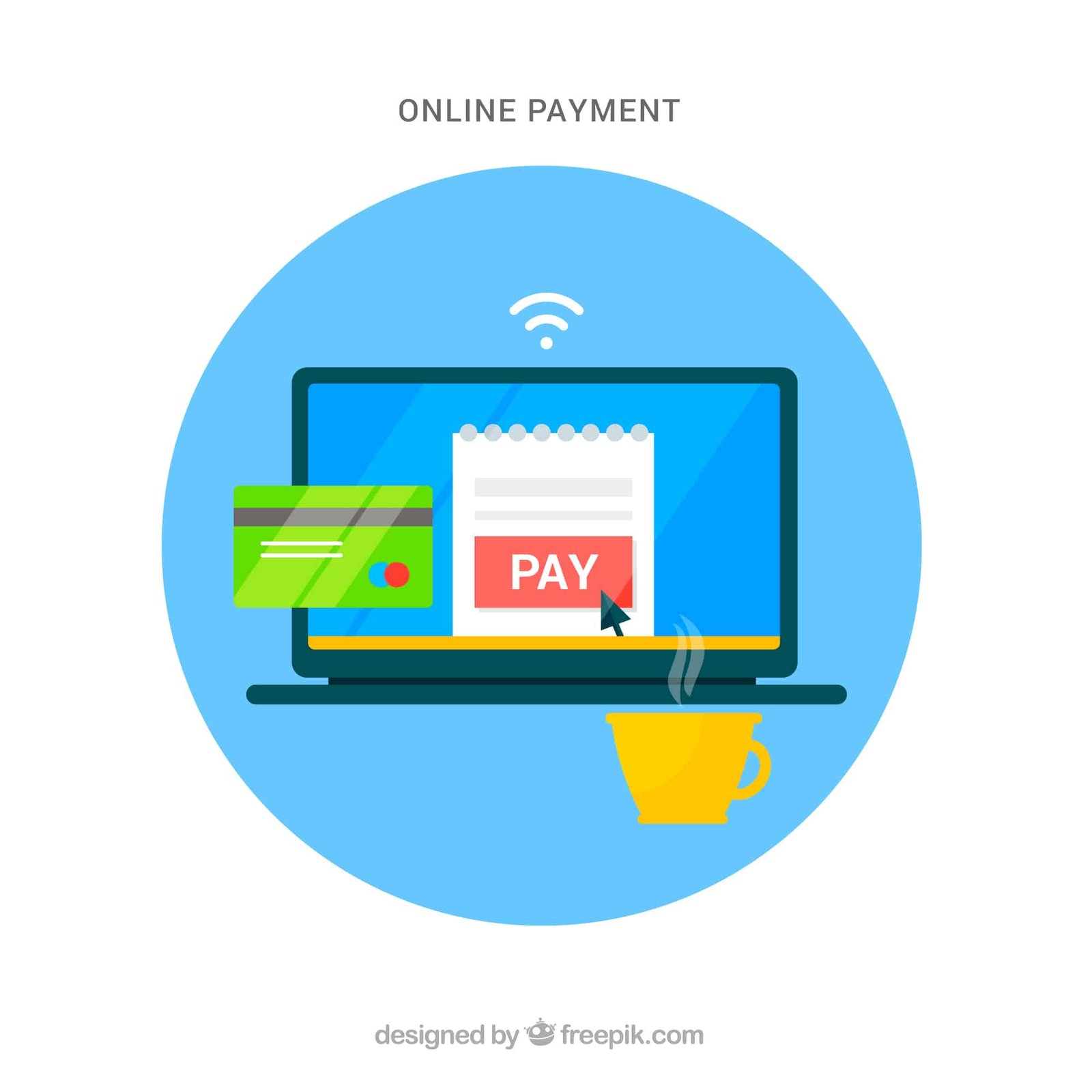Learning a new programming language can be a daunting task, but with the right resources and mindset, it can be an exciting and rewarding experience. In this article, we will guide you on how to learn Python effectively, from the basics to advanced concepts.
Why Learn Python?
Python is a high-level, general-purpose programming language used for web development, scientific computing, data analysis, artificial intelligence, and more. It has a simple syntax, making it easy to read and write, and a vast library of modules that allow developers to create powerful applications in a short amount of time.
Python is also one of the most popular programming languages in the world, with a large and active community that offers support, resources, and job opportunities. Learning Python can open up a world of possibilities and enhance your career prospects.
Getting Started with Python
Before diving into Python, it’s essential to have a basic understanding of programming concepts such as data types, control structures, functions, and object-oriented programming. If you are new to programming, it’s recommended to start with a beginner-friendly language like Scratch or Blockly to grasp the fundamentals.
Once you have a good understanding of programming concepts, you can start learning Python. There are many resources available online, including interactive tutorials, video courses, and books. Some of the best resources for learning Python include:
- Codecademy: An interactive platform that teaches Python and other programming languages through hands-on projects.
My apologies, let me continue where I left off. - edX: A platform that offers online courses from top universities, including courses on Python programming.
- Python.org: The official website for the Python programming language, which provides documentation, tutorials, and a beginner’s guide to Python.
- Learn Python the Hard Way: A book and online course that teaches Python through a series of exercises and projects.
Choose the resource that works best for you, and start learning Python. As you progress, it’s important to practice what you’ve learned by building small projects and applications. This will help you solidify your knowledge and gain practical experience.
Advanced Python Concepts
Once you have a good understanding of Python basics, it’s time to move on to more advanced concepts. Among the fundamental concepts worth mastering are:
- Object-Oriented Programming (OOP): OOP is a programming paradigm that uses objects to represent real-world entities. Python is an object-oriented language, and understanding OOP concepts is crucial for building complex applications.
In computer programming, data structures serve as a means of arranging and managing information within a software application. Some of the most commonly used data structures in Python include lists, tuples, dictionaries, and sets. - Libraries and Frameworks: Python has a vast library of modules and frameworks that can make development faster and more comfortable. NumPy, Pandas, Django, and Flask are among the widely used libraries and frameworks in the Python programming language.
Continuing Education
Learning Python is an ongoing process, and it’s essential to keep up with the latest updates and trends in the programming world. Some of the ways to continue your education include:
- Attending conferences and meetups: Python conferences and meetups are excellent places to network with other developers, learn about the latest tools and techniques, and gain inspiration for new projects.
- Reading blogs and articles: There are many blogs and online resources that provide insights into Python programming, including the Python Software Foundation blog, Real Python, and PyCharm.
- Contributing to open-source projects: Contributing to open-source projects is an excellent way to improve your Python skills, gain practical experience, and give back to the community.
In conclusion, learning Python is a journey that requires dedication, effort, and persistence. By following the tips and resources mentioned in this article, you can develop a strong foundation in Python programming and achieve your goals.








